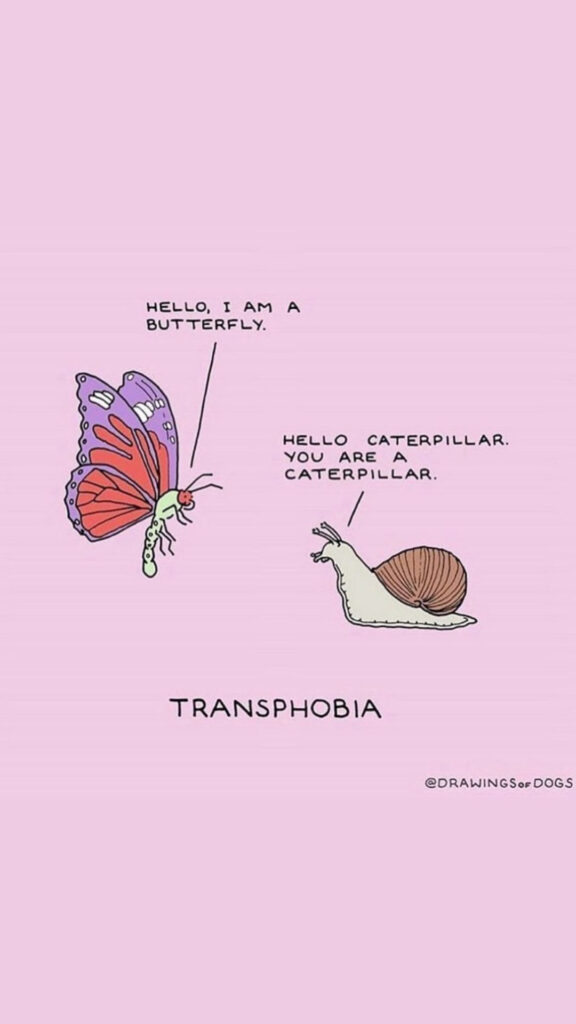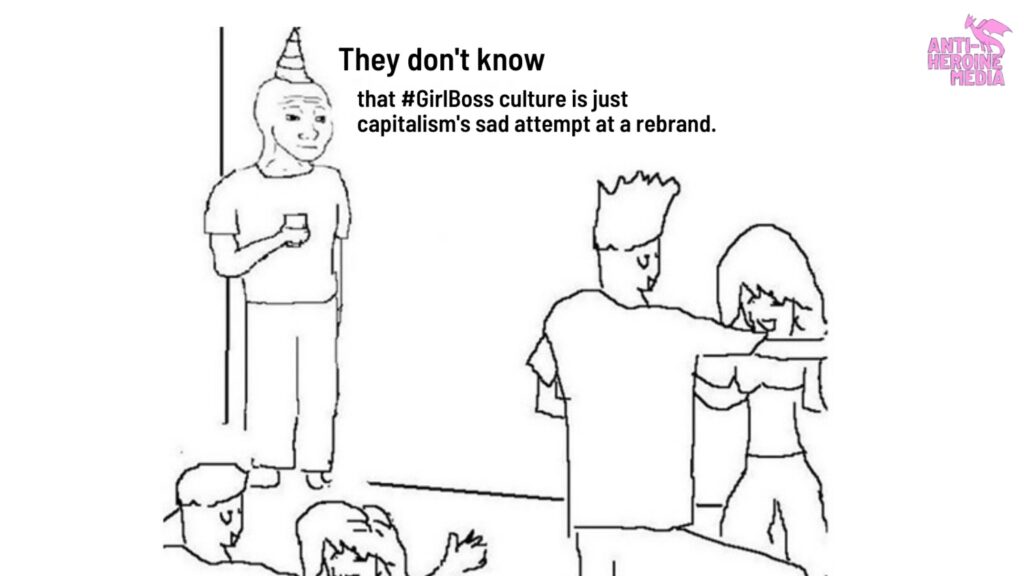
V’s Snapshot 2


Feminism IS for everybody. It’s disheartening that Feminism gets a such a bad rep, because it benefits everyone when it is intersectional. The truth of the matter is that patriarchy doesn’t just harm girls/women/females, it harms everyone to some degree. The understanding of sex and gender is very important to highlight when speaking about feminism, because these topics are inherently intertwined.
The parental teaching of adherence to gender roles (re: rules of patriarchy) is often the first and foundational exposure to patriarchy and sexism. In my classmate Shavoya’s snapshot 1 post, they said their mother raised them without adherence to sexist rules. I applaud Shavoya’s mother because my mother did the exact opposite. My younger brother wasn’t even born yet, yet my family was rejoicing that a boy was to be born. When he was old enough to do chores, he was never assigned any. My mother only gave household responsibilities to my sister and I and we were beaten if we rebelled against them, which highlights the point bell hooks makes in Feminism is for Everybody, that “…males were not the only group in society who supported sexist thinking and behavior –that females could be sexist as well…”. The anger, frustration and resentment I felt from being victimized by my mother’s sexism and internalized misogyny is what made me a feminist. A feminist who prioritizes the importance of unlearning patriarchal thinking and behaviors, that is why I like bell hooks definition of feminism which states that “feminism is a movement to end sexism, sexist exploitation and oppression.”, because in a patriarchal society, no one is immune to the mental conditioning of sexism.
Now, let’s talk sex, gender and its effects on the genders individually and on relationships between the genders. Even before birth, you’re assigned a gender based on your predicted genitalia; you were likely given pink clothes if you were female, and had your interests dictated visually by toys before you could even form sentences. Expectations of how to perform masculinity and femininity were taught to us by parents/guardians, mass media and school, we were all socialized to view gender in a binary. Kyl Myers talks about this in the article Sex and Gender 101, “In America boys are taught and expected to be tough…athletic, strong, aggressive…not emotional…” and “…girls are taught and expected to be soft, submissive, …weak, passive, emotional…”. Masculinity and femininity are presented as opposing rigid concepts that must be adhered to. A man isn’t supposed to present femininity, or he’ll be labeled gay, his manhood would be revoked, he is a threat to masculinity and some of his male peers might feel compelled to “eliminate the threat”; gender rules breed homophobia and transphobia. Many little boys are often told not to cry or express emotionally vulnerability because it’s a sign of weakness, they are only allowed to openly express anger, this breeds a society of emotionally damaged, abusive, borderline sociopathic men. Furthermore, if boys are taught to be forceful and dominant and girls are taught to be passive and submissive, we are teaching boys to be abusive and girls to accept abuse. Gender norms create real world violence and harm and we’re going to have to let go of them if we want to build a safer society.
I want us as a society to evolve, but that starts with education, accountability and the willingness to change.
The rise of #girlboss culture has highlighted bell hooks’ point that men aren’t the only perpetuators of sexism/sexist exploitation. When we prioritize representation and being “equal to men”, we get women in positions of power that are exploitative. These women aren’t concerned with the collective of women, they’re aiming to “maximize their freedom within the existing system. And they [can] count on there being a lower class of exploited subordinated women to do the dirty work they were refusing to do”. #girlboss is white capitalist feminism, women of color don’t have the same access to class mobility and are less likely to be concerned with being a boss because we are simply trying to survive.
